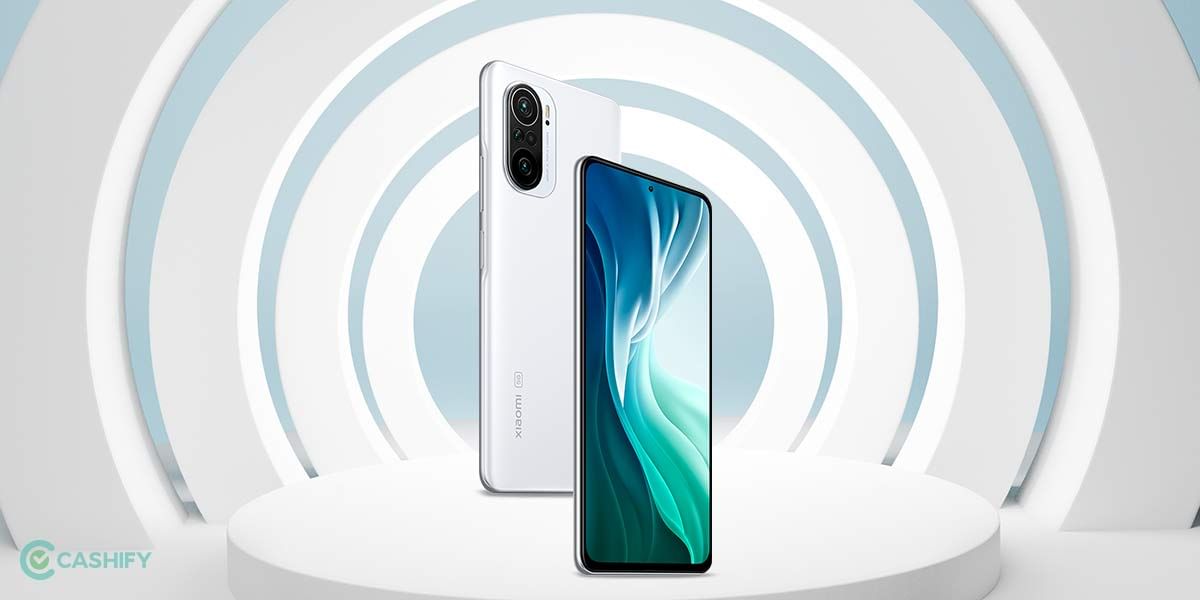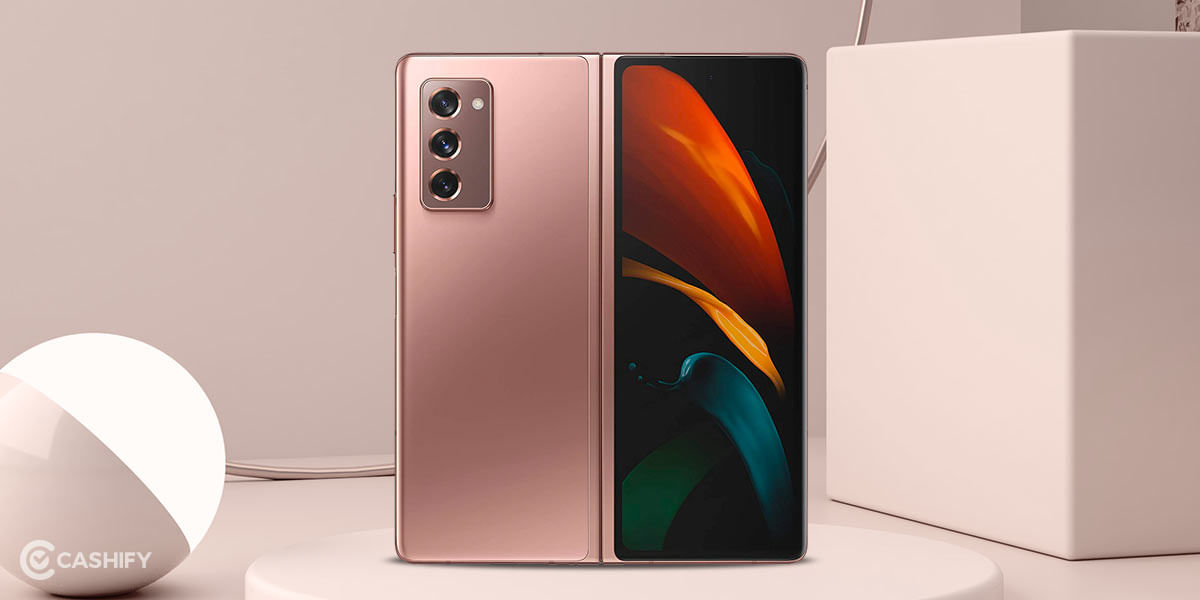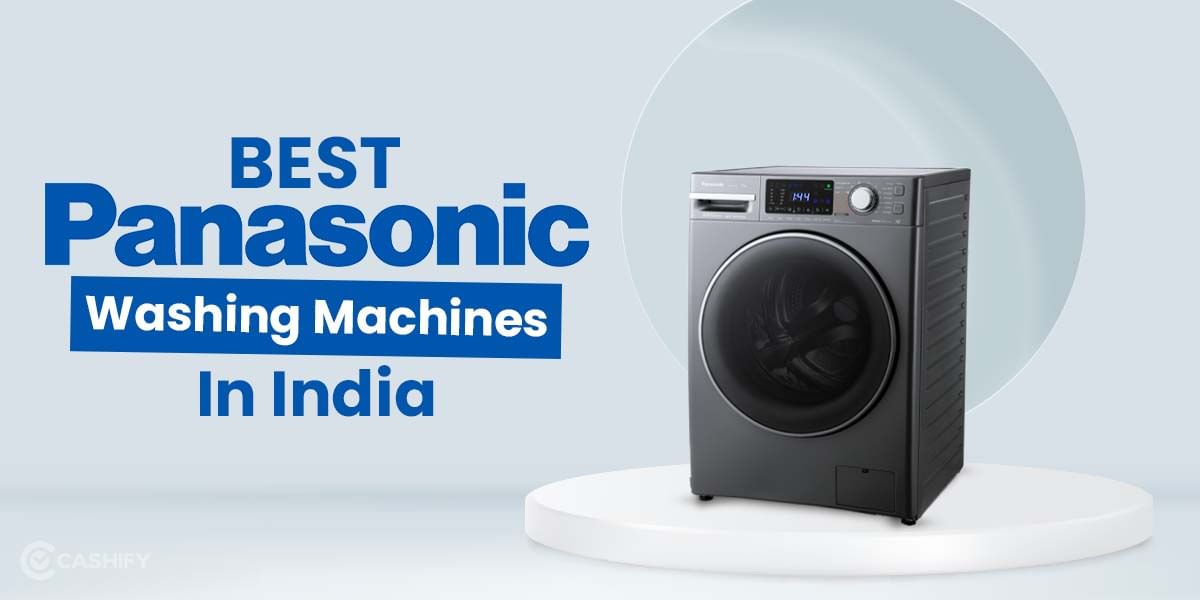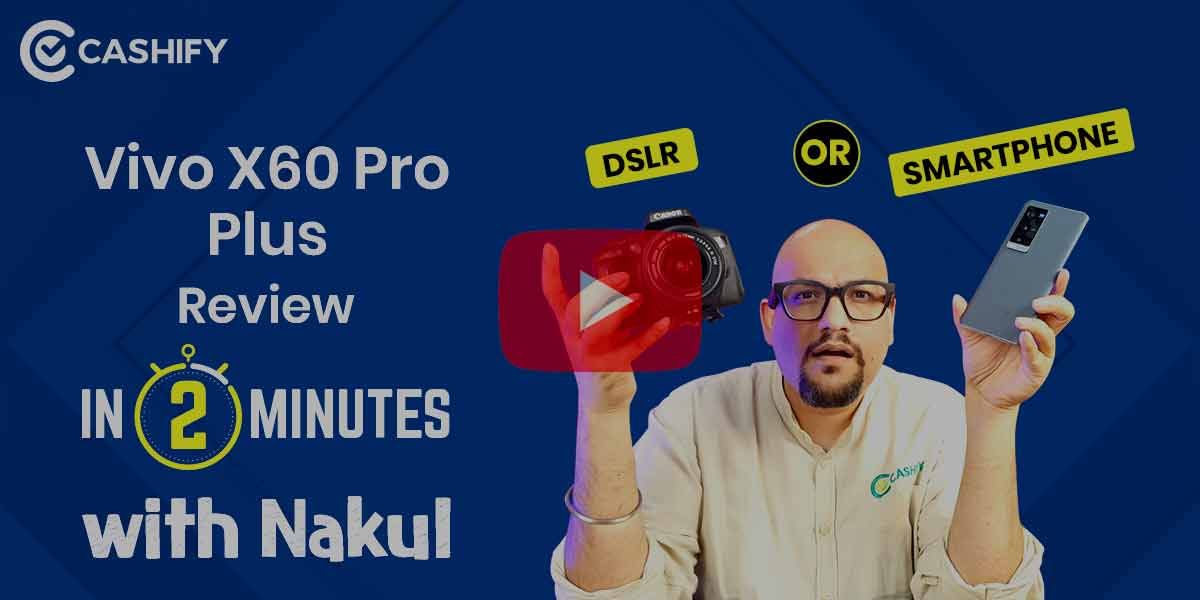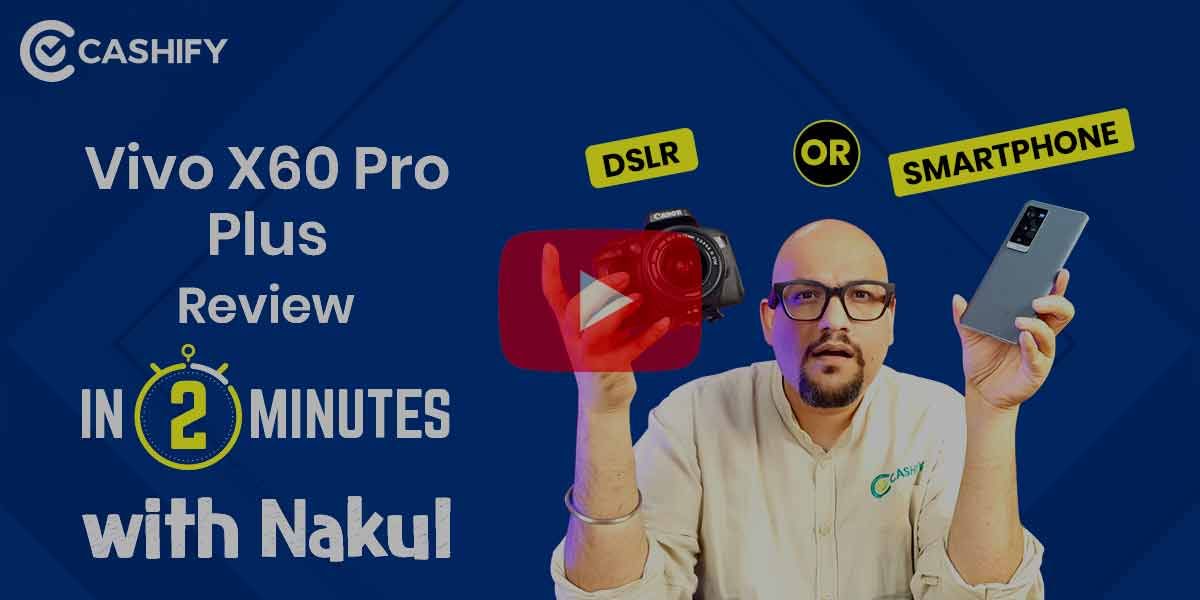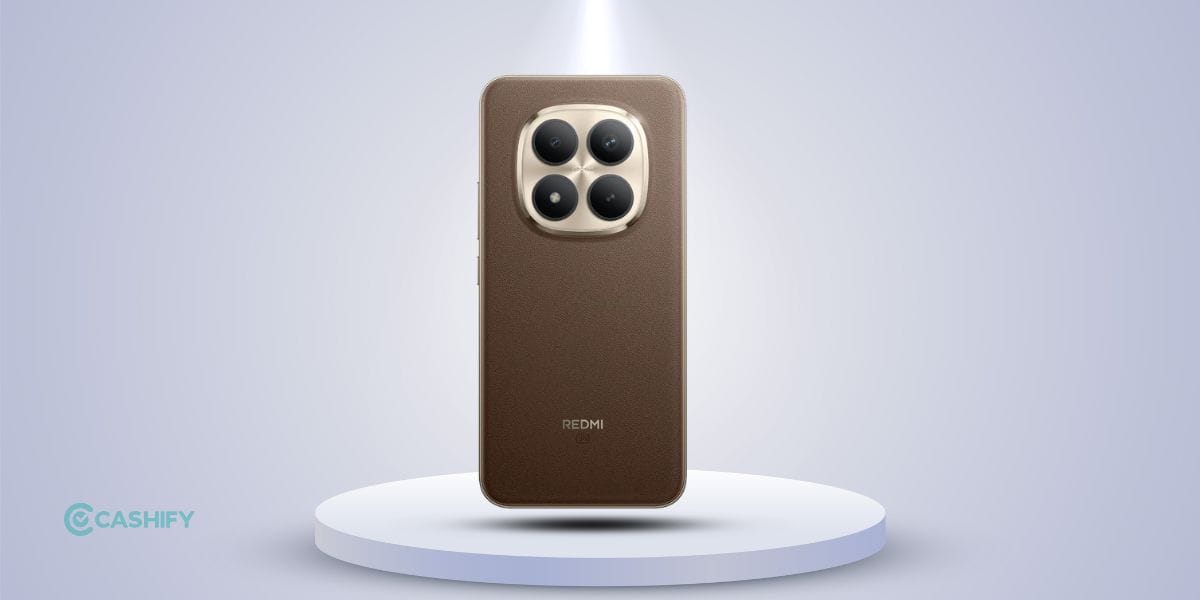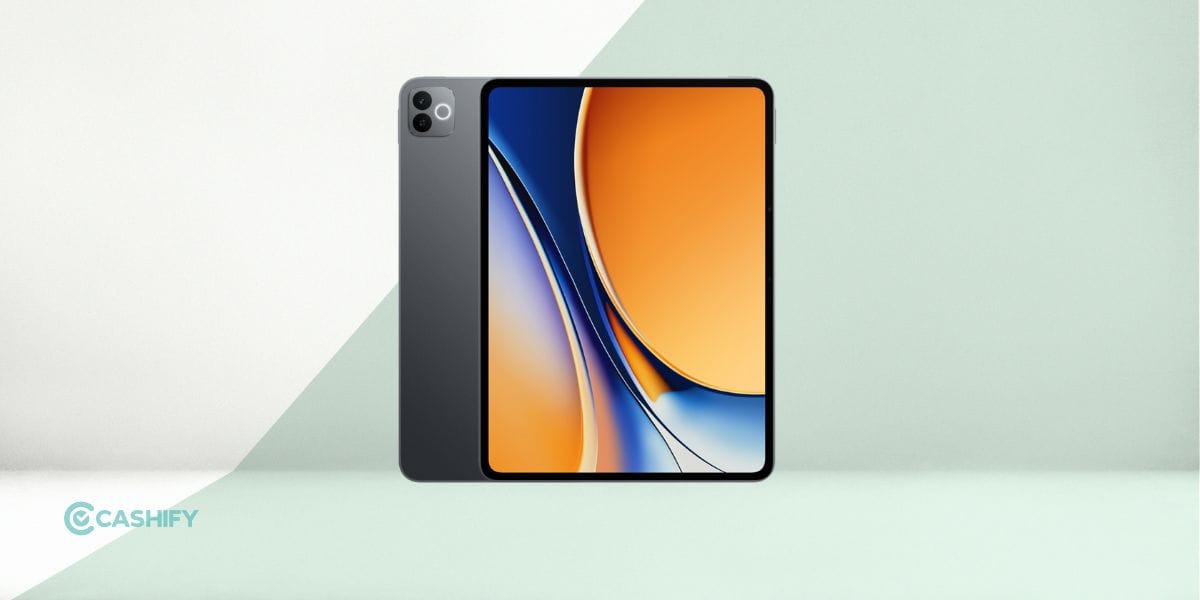Introduction
Motorola Moto G60 is the latest addition to the affordable smartphones series by Motorola. It is a mid-ranger priced at Rs.17,999/- and packs in some of the best specs including a 120Hz display, 108MP camera, a beefy 6000mAh battery, and a Snapdragon 732G SoC. Now all that is fine but how does the phone perform with such an assortment of specs?
Recycle Your Old Phone, Get Rewarded!
Well, if you are looking for an answer, you just stumbled upon the right page. Here’s an in-depth hands-on review on Moto G60 curated after more than a week of using the device as a daily driver.
Prices in India, Variants, Availability
Talking about the pricing part, Motorola Moto G60 arrives with 6GB RAM and 128GB of storage and you can either choose Dynamic Gray or Frosted Champagne colour variant and the price tag is Rs.17,999/-. You can club it with many other offers such as Rs 1,500/- discount on ICICI Bank CC and DC (EMI) or the 10 per cent discount on BoB Mastercard DC. You can avail up to Rs 15,150/- off on exchange on Flipkart India on eligible models.
Box Contents
Motorola Moto G60 comes packed in old school packaging which Motorola has been following for years now. Inside the box you get:
- Moto G60 device with a screen protector installed
- 20W fast charging adapter
- USB Type C cable
- Transparent Protective Cover
Specs at a glance
Before we talk in detail about the Motorola Moto G60 let’s see what the on-paper specs look like?
- Display: 17.22 cm (6.78 inch) Full HD+ Max Vision Display, 120Hz screen refresh rate
- Processor: Qualcomm Snapdragon 732G
- Storage: 6GB/128GB
- Software: Stock Android 11 Experience
- Rear cameras: 108MP + 8MP + 2MP
- Battery: 6000 mAh
- Weight: 225g
- Dimensions: 169.60 x 75.90 x 9.80
Design and Build - More Like A Phablet
Motorola Moto G60 has some of the largest dimensions and can easily be called a phablet if not a tablet. It weighs 225 grams thanks to the massive battery while the thickness is 9.89mm and the sheer form factor of the phone makes it a task to use it single-handedly. You can still use it but forget about reaching to the top of the screen without doing some acrobatics on your phone palms.
Planning to upgrade? Sell Your Old Phone in 60 Seconds From Home
The phone has a plastic frame and a plastic back panel. But have a look at the phone and I doubt you won’t believe the back isn’t glass unless you hold it. The back panel has a glossy finish to it or matte depending upon which of the two colour variants you go for. The matte one is always better because it doesn’t become a den of smudges and fingerprints every time you hold the phone without a phone case.
The rear has a triple camera setup with a vertical stack and an adjoining LED flash all in a rectangular camera bump with curved edges. A Motorola batwing logo on the back doubles as a rear-mounted fingerprint scanner to unlock the phone. This is something almost all of its competitors have gotten rid of for a side-mounted fingerprint scanner or an in-display solution.
Moving on, the front has a giant display with neatly packed bezels around the edges. The chin is still significantly high but that’s something you get on a sub-20K smartphone. Moving on, there’s a power button, a volume rocker, and a dedicated Google Assistant button on the right while the left side has a dual SIM card slot. There’s a single loudspeaker, a primary mic, and a USB-C port at the bottom and finally, a 3.5mm headphone jack and a secondary mic take their place on the top side and that’s it.
Still No Signs of AMOLED Display
Talking about the display specifications, Moto G60 comes with a 6.78-inch IPS LCD panel with a 1080×2400 pixels resolution. It comes with a 120Hz refresh rate and has HDR10 (in a limited capacity) and lights up at 450 nits of peak brightness. Now that’s what Motorola has mentioned it on-paper but how does the phone actually fare when tested on real use cases and scenarios. Here’s more about it.
The display is huge and there’s no doubt about it. It is also one of the grandest displays on smartphones and Moto has done a lot to put the bezels to the minimum. There are still bezels on the side though and the forehead and chin are significant as well. You get a protective glass on top that Motorola has mentioned is between Corning Gorilla Glass 3 and 5.
The display can HDR content, however, it works on YouTube only. Even with a Widevine L1 certification, I found out that I cannot play the HDR content on Amazon Prime Video. Perhaps, this could be a glitch or something that Motorola can come up with in future updates.
Motorola Moto G60 is using an IPS LCD panel with a 120Hz refresh rate and I must say, it looks and feels so good. It is smooth as it refreshes the screen 120 times a second instead of the usual 60 times a second but you can go for 60Hz as well in the settings. Of course, you will still end up using some of the apps in 60Hz which applies to all the devices. The display overall looks and feels good and although it isn’t as bright or vibrant as AMOLED, it is among the best in the LCD panel sphere. Plus, the stock UI adds a lot of weight to its usability and viewing experience.
As Mid-Range Performance As The Pricing
Motorola Moto G60 packs in a Snapdragon 732G under the hood which is a mid-range chipset but worth a series. It has managed to outrun many of the other devices from the Moto series and can be put against Realme 8 Pro (that has SD720G) with similar performance. However, thanks to the stock Android that I have explained below, no doubt Moto G60 will punch above any other devices with SD732G under the hood.
Looking Best Phone Under 20000? Check Out Redmi Note 10 Pro Max Quick Review in 2 Minutes
You don’t get to see any hiccups, glitches, or lags during day-to-day usage which is something everyone wants to be honest about. But when tasked with high-fidelity apps like COD Mobile on High settings, the processor was able to cope up with the surge and provide the necessary support to keep the game running with optimum frame rate without introducing any lag or stutter. I am a big COD Mobile and PUBG Mobile fan so I can’t assume to have a smartphone without playing both of these games (separately, but of course).
In fact, I played for an hour, and guess what, the phone was still able to take the blow. Although the phone got a bit warm especially around the camera assembly on the back, but hey, almost every phone does so that’s not a biggie unless it turns into a hot mess.
As Clean Software As You Want
What Motorola G60 offers is a clean stock Android 11 with custom-made My UX on top of it. Now, if you are new to Motorola phones, you must know that it is one of the lightest software with very little bloatware and a tonne of features onboard. It is Android 11 so you get a lot of the latest features as well. Further, Motorola is also offering business-grade security thanks to the ThinkShield end-to-end encryption onboard. Other features include Moto Peek Display as well as programmable shortcuts via Moto Actions such as shaking the phone to light up the flashlight.
If your only priority is a clean and lightweight software experience without paying for a Pixel, Moto is a way to go.
108MP Camera is the New Normal
Specs-wise, Motorola Moto G60 carries a total of four cameras. The front sports a 32MP selfie shooter while the back has a 108MP primary shooter with PDAF, f/1.9 aperture; an 8MP ultrawide shooter with f/2.2 aperture; and a 2MP depth sensor with f/2.4 aperture. Now, this is on paper and no matter how impressive it looks having a 108MP camera on a budget phone, I tested out the cameras to pen down how it actually performs, and here’s what I found out.
The primary 108MP shoots decent shots and not something you would compare with the 108MP sensor mounted on a flagship phone. Colours were a little washed-out and the sharpness wasn’t adequate on magnifying the images although objects at a distance were distinguishable which means it retains some details.
The 8MP ultrawide snapper doubles as a macro camera as well. Talking about the ultrawide shots, I found out that even though you get a wider field of view, the edges are somewhat distorted. Now I know that this is the case with all ultrawide snappers but it’s the software that makes the corrections but you will find distortions on Moto G60 where it exists. You cannot compare the details on images snapped via the primary and ultrawide snapper and that doesn’t come as a surprise citing the sensor size.
Portrait shots on Moto G60 had better results with accurate colours, sharpness, and overall good detail retention. You can actually see the level of blur even before taking a shot on Moto G60. The ultrawide snapper doubles as a macro sensor with 8MP which has an undoubtedly higher resolution than the usual 2MP and 5MP sensors.
The daylight photography was average but the nighttime photography is a big no. With or without night mode, those shots lack sharpness and seem just off.
Anyways, turn the phone around to get a look at the 32MP selfie shooter. Now, it uses 4-in-1 pixel binning to create 8MP shots. These are highly detailed, sharp, have better edge detection and the colours are accurate which is something you expect with a selfie shooter. The nighttime photography using the selfie shooter suffers from the same fate as the primary sensor.
You can snag 4K videos using both selfie shooter and the primary rear camera with a decent amount of stabilization which is better on 1080p as well.
Battery makes it Bulky
The device is bulky and something that comes out of a giant and it doesn’t shy away from its thickness as well. All that because of the hefty 6,000 mAh battery that is under the hood. You can actually get around to the next day on a single charge if you are a moderate user while power users will find a day’s worth of battery life is what it offers. If you are a light user and engage in a power saver, you can either do two days on a single charge as well.
Frustrated with a draining battery? Affordable Mobile Battery Replacement at Doorstep
However, the battery takes around 2 hours to charge to the fullest. It is bundled with a 20W charger and if you break up the charging chart, you get 29 per cent in 20 minutes of charging and similarly, 53 per cent in an hour (give or take a few percentages).
Audio, Connectivity, Biometrics
Motorola Moto G60 gets a single bottom-firing loudspeaker that makes up for loudspeaker quality. It may not be on par with its rival from Xiaomi but is good but is better than many other single speaker setups. Plus, you get a 3.5mm headphone jack which is something I loved about the phone since smartphone manufacturers are eliminating it in the flagship lineups already.
Talking about its connectivity features, the device got a WiFi 5 with dual-band; Bluetooth v5.0 with LE and A2DP as well as an NFC, GPS support (including Galileo, A-GPS, and Glonass), and finally, a USB Type-C 2.0 port. Since it is still a budget phone, Motorola Moto G60 still retains a 3.5mm headphone jack.
About the security part, Motorola usually goes with a rear-mounted fingerprint scanner camouflaged with a Motorola logo. It works fine and unlocks the phone every time you touch it however, the face unlock mechanism on the device is a bit slow. It takes 2-3 seconds for it to unlock. In any case, I won’t be using an FPS rather than face unlock since the latter requires pressing the power button to light up the screen anyways.
Pros & Cons
Pros
- 6.8-inch display Max Vision 120Hz display
- Massive 6000 mAh battery
- Qualcomm Snapdragon 732G
- 108MP triple rear camera
- 32MP front selfie camera
Cons
- Quite a bulky device weighing 225 grams
- No 5G connectivity
- Hybrid SIM slot
As always, you get both pros and cons after the end of a review. Motorola Moto G60 has made significant improvements over Moto One Fusion and it can also leave the Moto G 5G behind in some cases. The giant battery, large display, stock Android 11 UI are some of the highlights. However, the camera setup is a mess and could have been better. It isn’t just about the camera hardware but the software needs a lot of tweaking too.
The phone uses an LCD panel instead of an AMOLED one which is something AMOLED fans would not like but hey, at least you get a 120Hz refresh rate for it. There’s nothing wrong with Moto G60, to be honest, and it gets almost everything right as per its price tag, however, some of the rivals have already charted some improvements at the same price segment that makes it look a bit of a letdown. Overall, Moto G60 is a good buy if you want to stay hydrated under stock Android OS and can make little compromises here and there, G60 is for you.


